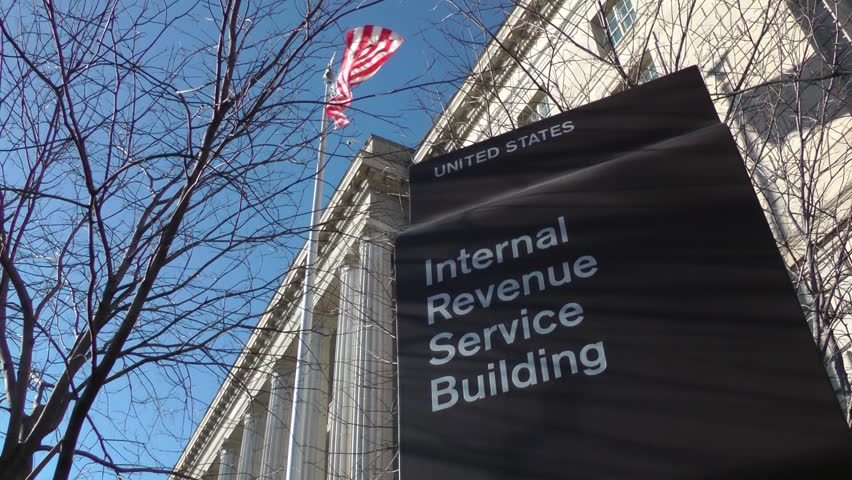
The goal: to solve some of the questions and concerns posed by cryptocurrency users in terms of taxes and charges quotations. Unlike traditional panels, where a moderator asks questions to panelists, the IRS event seemed oriented from the start to allow members of the public and even panelists to ask IRS officials to clarify existing tax guidelines and to answer questions.
Calculations and archiving
Specific questions included the best ways to calculate the cost base, how to deal with currencies bought from different exchanges or transferred between exchanges, whether microtransactions can be exempted and how to marry what the financial code says with the guide published so far by the IRS .
Audience members and panelists - including the American Institute of Certified Public Accountants (AICPA) CEO Amy Yiqiong Wang - said that much confusion stems from the fact that cryptocurrencies often do not fit perfectly into existing tax laws.
A key detail that remains unclear is how exactly taxpayers can calculate the value of their digital assets. The IRS has indicated among its frequently asked questions that people who buy and sell cryptocurrencies at different times can use a method such as "first-in-first-out", which means that if you buy bitcoins in January, March and April and sell in July, August and September, you will have to calculate the price difference between the first bitcoin purchased in January and the first bitcoin sold in July.
However, this may not actually be allowed. Wang from AICPA said during a panel that the financial code states that users "should use a specific identity", which means that the cost should be calculated on the actual specific bitcoin dealt with.
"So there is currently no binding authority that allows you to use anything other than specific identification," he said. "It is very important for professionals that the IRS clarifies and gives guidance for using other basic forms of monitoring."
The first steps
Although quite thorough questions existed, various IRS officials also asked questions about what in the world of cryptocurrencies would be considered basics, including "what is an API", what is regulatory arbitrage and how they are negotiated. cryptocurrencies.
Within the room, therefore, different levels of understanding of space and crypto technology coexisted, and it is not clear whether the IRS will be able to publish something feasible in the short term. However, there are some measures that can be taken immediately to improve existing driving.
Wang said that simply moving some frequently asked questions into the internal audit report would provide some clarity. Turning these questions into a binding guide would give financial advisors and taxpayers the comfort of proper legal guidance, which could prevent them from inadvertently violating the financial code.
